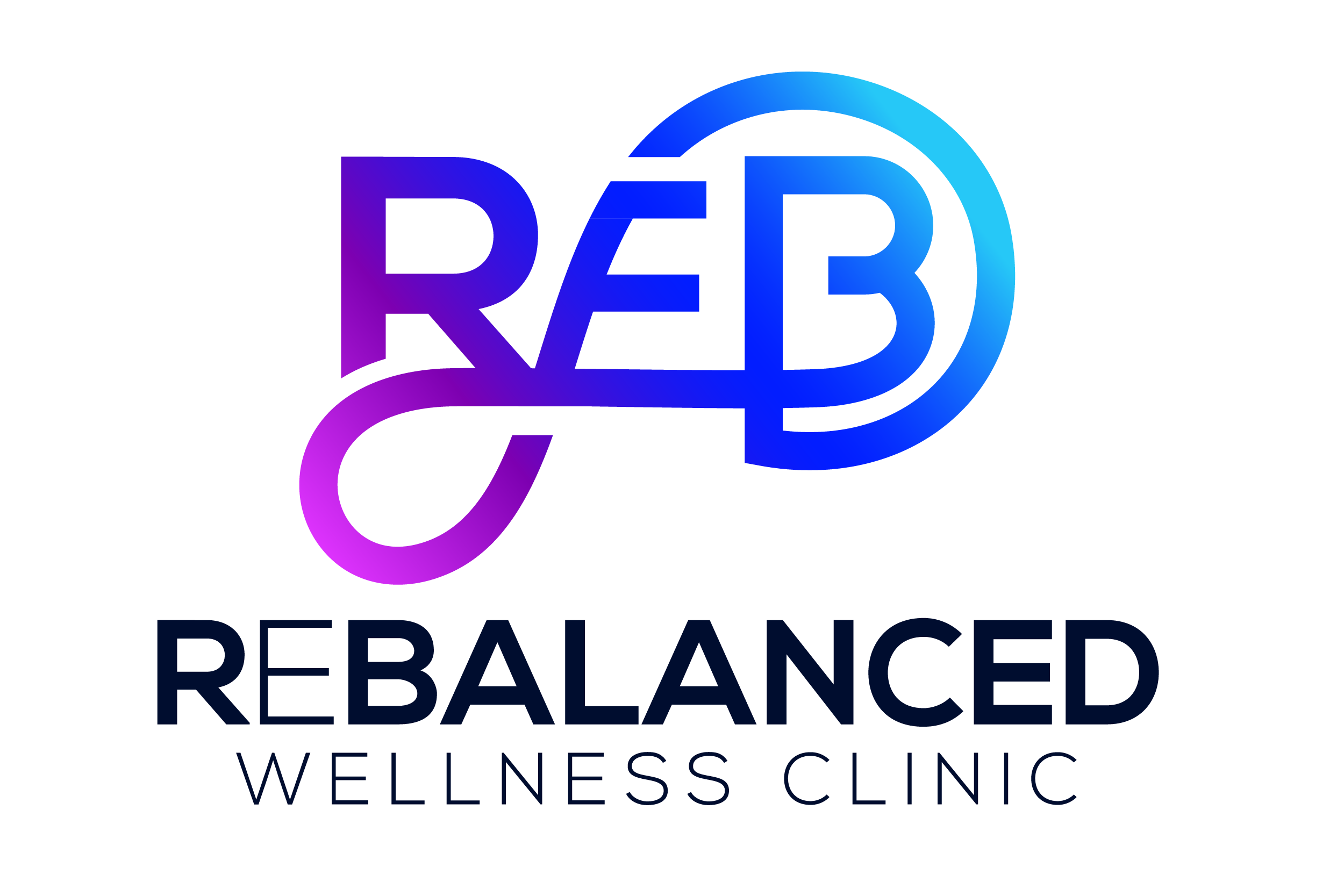Testosterone replacement therapy (TRT) is a common treatment for men with low hormone levels. While it can offer numerous benefits, it also comes with potential risks. This FAQ aims to break down those risks in a simple and engaging way so you can make an informed decision.
What Is Testosterone Replacement Therapy?
Testosterone replacement therapy is a treatment used to boost hormone levels in men experiencing low testosterone. It can help improve energy, mood, and sexual function. However, as with any treatment, it’s essential to understand both its benefits and potential risks.
Primarily used for men diagnosed with hypogonadism, testosterone replacement therapy addresses symptoms such as fatigue and decreased libido. It’s vital to differentiate between naturally low testosterone due to aging and hypogonadism, which is a medical condition. Consulting with a healthcare professional helps in determining whether TRT is a suitable option.
Common Benefits of Testosterone Replacement
Many men experience positive effects from testosterone replacement, such as increased energy levels, improved libido, and better overall mood. These benefits can significantly enhance quality of life for those with low testosterone.
Moreover, testosterone therapy has been credited with increasing bone density and reducing fat accumulation when paired with a healthy lifestyle. This combination can contribute to a more vigorous and active life for men whose testosterone levels are deficient.
It’s important to set realistic expectations. While some men report improvements in their overall well-being, scientific proof about these benefits is varied, and outcomes can differ from one individual to another.
Potential Risks and Side Effects
While testosterone replacement can be beneficial, it is not without risks. Potential side effects include acne, sleep apnea, and an increased risk of heart disease. It’s essential to discuss these with your doctor to understand how they might affect your individual health.
Recent studies have challenged previous concerns regarding cardiovascular risks, but experts still urge caution. Although there is no definitive increase in heart attacks or strokes linked directly to TRT, it could heighten the risk of irregular heartbeat and blood clots.
Other side effects include decreased fertility due to reduced sperm production and an increased risk of prostate issues. Regular monitoring by healthcare professionals is advised to manage these risks effectively and adjust treatment if necessary.
Who Should Avoid Testosterone Replacement?
Not everyone is a suitable candidate for testosterone replacement therapy. Men with prostate or breast cancer, sleep apnea, and certain heart conditions may be advised against it. It’s crucial to evaluate these risks with your healthcare provider.
Furthermore, TRT is not recommended for those simply aiming for enhanced athletic performance. Men without underlying health issues related to low testosterone should be cautious and seek comprehensive medical advice before considering TRT. Medical indications should drive the decision, not performance aspirations.
It’s also important for men who experience significant fluctuations in testosterone levels, potentially due to other health conditions or medications, to approach TRT with caution. Personalized medical guidance is key.
Consulting with Your Healthcare Provider
Before starting testosterone replacement therapy, a thorough discussion with your healthcare provider is crucial. They can help evaluate potential risks and decide if the therapy aligns with your personal health needs and goals.
Healthcare professionals can provide clarity on what to expect from the therapy and suggest routine tests to monitor testosterone levels and overall health. Open dialogue about lifestyle choices and the underlying cause of low testosterone can significantly enhance the treatment’s effectiveness.
Making an Informed Decision About Testosterone Replacement
Understanding the risks and benefits of testosterone replacement therapy is crucial for making an informed decision. Always discuss with healthcare professionals to determine what’s best for your health situation. Remember, the goal is to improve quality of life, and sometimes that means weighing the pros and cons of treatment.

